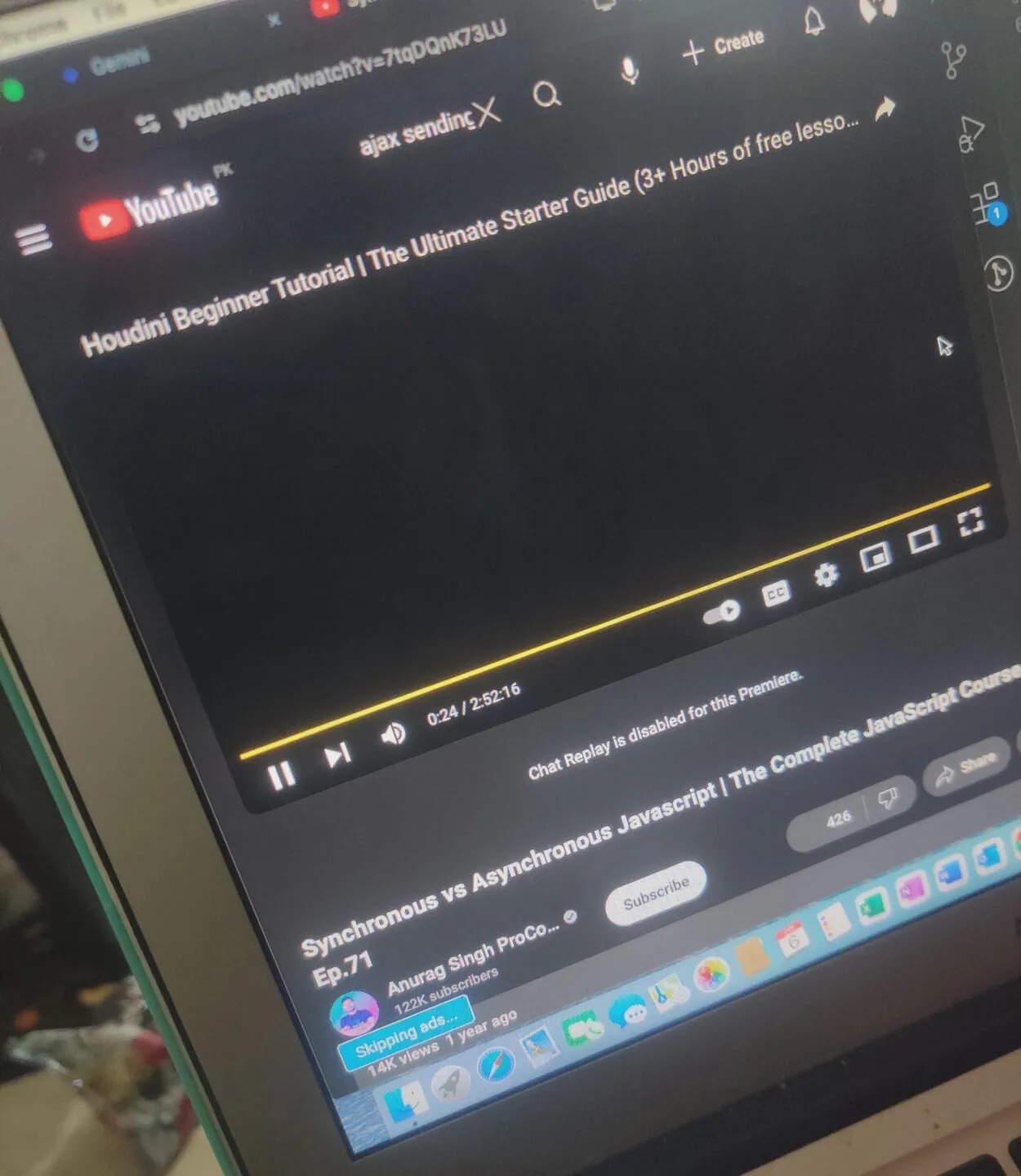The issue was raised by Android Authority. For example, last week, a Reddit user posted a screenshot of an ad lasting for 57 minutes and 57 seconds.

In comments to this post, other users claim that they had also encountered long unskippable ads on YouTube, including a 10-hour and a 90-hour commercials.
The above claims weren’t supported by evidence, but another user reported an ad running for 2 hours and 52 minutes (in a 49-minute video) and posted its screenshot.

Android Authority notes that none of these users specify whether they use ad blockers or not, but the second screenshot shows a ‘skipping ads’ button on the bottom left, which indicates the presence of an ad blocker.
“It’s possible that if you are using an ad blocker, YouTube is able to detect it and present you with an absurdly long, unskippable ad. There’s also a possibility that the ad blocker itself is glitching out the ad and its duration. Some comments have mentioned that the ad blocker could have blocked the ‘Skip’ button from showing up and subsequently failed to block the long ad, worsening the ad situation,” – Android Authority suggests.
Interestingly, according to Google, normal unskippable ads in videos must never exceed 15 seconds. However, last year people complained about ads lasting for 1 minute and 28 seconds.
When asked by Android Authority, Google representatives provided a rather vague answer, but confirmed that they continue to fight ad blockers on YouTube. And it can be concluded that long unskippable ads are one of the tools in Google’s arsenal.
“Ads are a vital lifeline for our creators that helps them run and grow their businesses. That’s why the use of ad blockers violate YouTube’s Terms of Service. We’ve launched a global effort to urge viewers with ad blockers enabled to allow ads on YouTube or try YouTube Premium for an ad free experience.”
The company noted that it will continue its efforts to detect users who block ads, and Google reserves the right to disable their access to video playback. Supposedly, this is an extreme measure against the most adamant ‘ad dodgers’, but the company is ready to take it.
It must be kept in mind that Google has been fighting against ad blocking on YouTube for a long time. For instance, last year, its engineers experimented with embedding ads directly into the video stream; while users noted that YouTube videos can automatically skip to the end or the sound can be turned off if an ad blocker is enabled.
